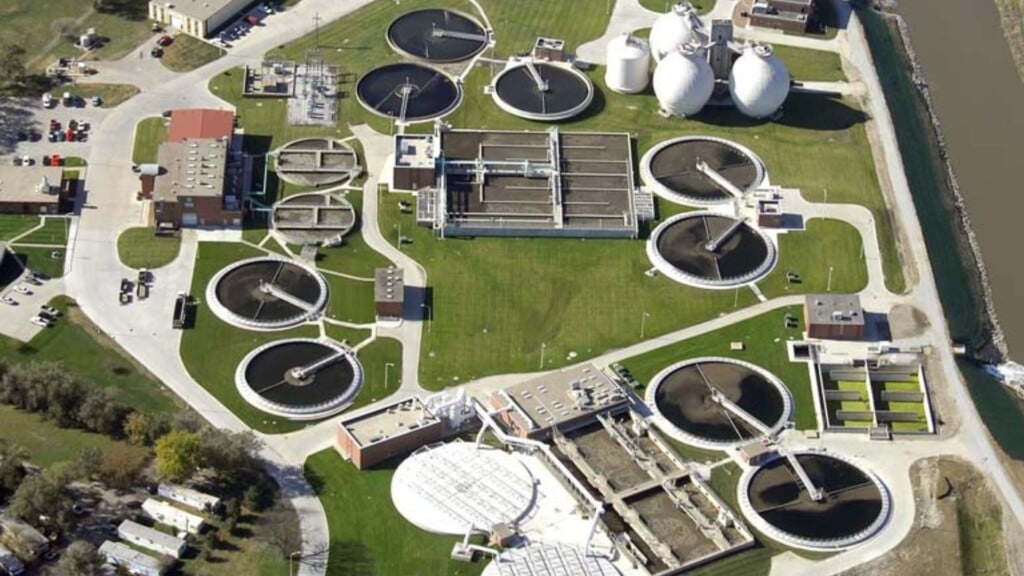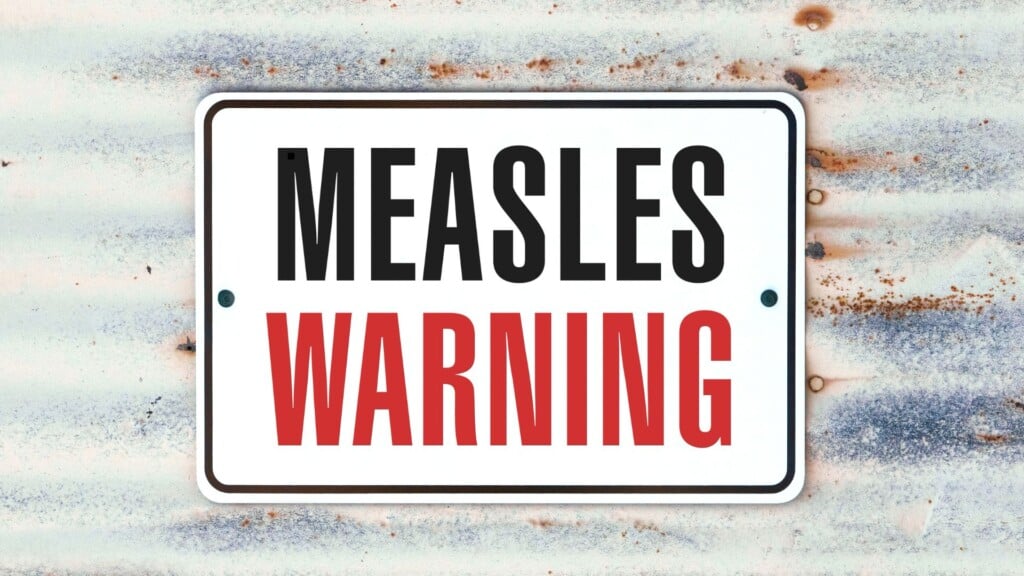States like Nebraska have worse health outcomes for Latino children, study finds
LINCOLN, Neb. (KLKN) — A new study shows a link between anti-immigration policies and attitudes and poor health among Latino children.
Latino children make up a quarter of children in the U.S., and researchers found that their health varies depending on which state they live in.
The study published in the journal Pediatrics used health surveys of 17,855 Latino children.
Researchers gave each state an inequity score based on policies about immigrants and attitudes toward Latinos.
They said children living in states with more inequities – like Alaska, Alabama and Nebraska – had higher odds of having physical and mental health problems.
Local advocates said Latinos face many barriers to accessing health care, which can be too expensive.
“Immigrants often work low-end jobs and don’t have the stability or insurance necessary to afford health care visits, so that leads to them going when they really are really, really sick,” said Joanna Preciado, health and well-being coordinator for the Latino Center of the Midlands.
Preciado said language and cultural differences can also lead to wrong diagnoses.
University of Nebraska-Lincoln professor Trey Andrews, co-director of the Minority Health Disparities Initiative, said there are also systemic barriers in Nebraska.
That includes a lack of mental health therapists who don’t know the language.
He said the level of inequities can also depend on where in the state you live.
“What you are going to experience in the western part of the state is very different from what you are going to find in Omaha, in Lincoln and in places in between,” Andrews said.
He said nonprofits like the Latino Center of the Midlands are the best way for Latinos and other minorities to seek help and information on health access and resources available.



